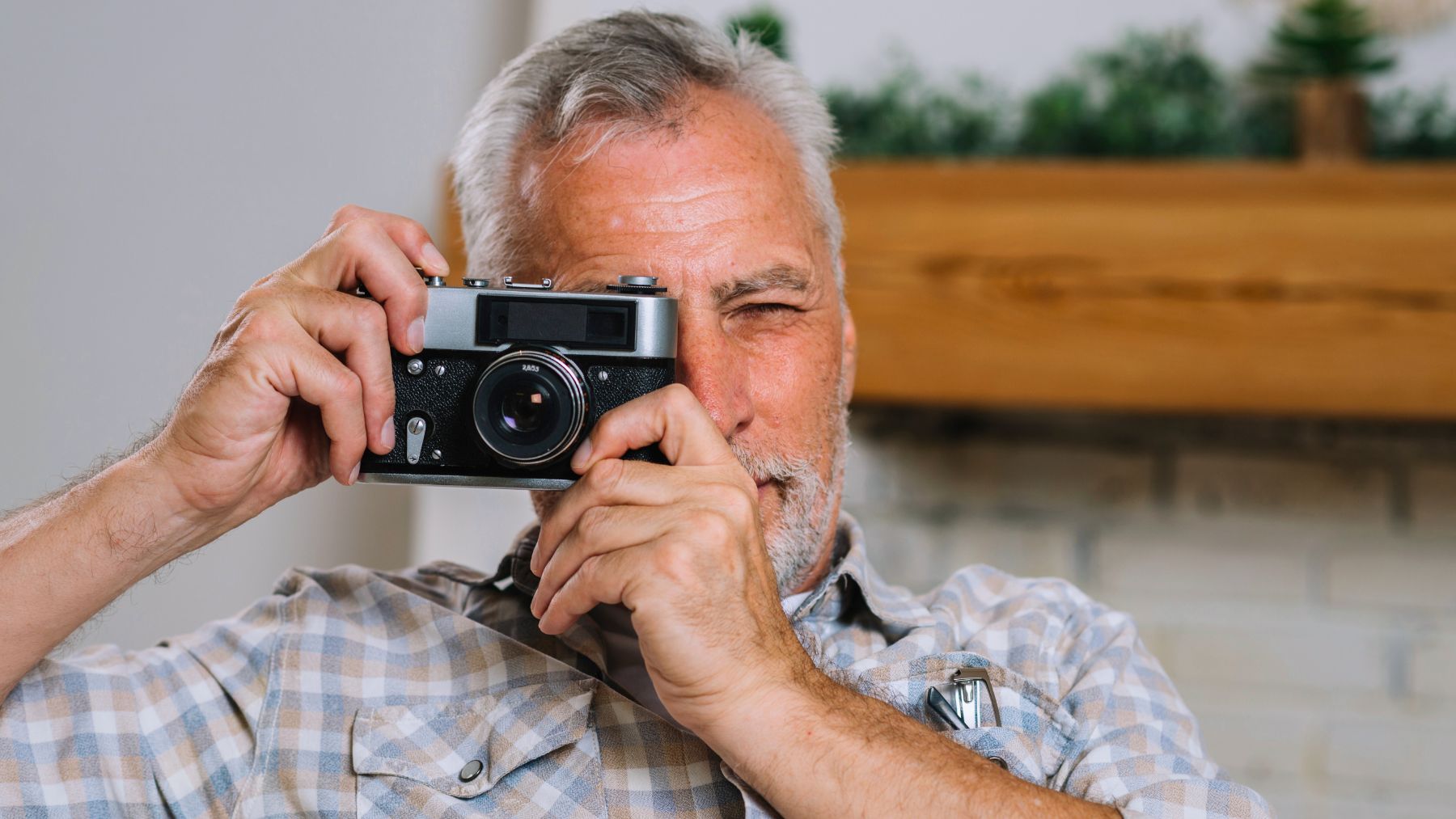Keeping your mind sharp after 60 is one of the biggest health challenges today. Alzheimer’s disease affects about one in three adults over 85, and even those without dementia often notice memory decline with age. But scientists have found that one specific activity can improve memory and even slow cognitive aging.
The Synapse Project, a large study led by researchers at the University of Texas, tested whether mentally demanding activities could protect the brain. Instead of traditional “brain training”, older adults took on challenging hobbies like digital photography and quilting. Here, we’ll look at what the study found and why these kinds of activities matter for seniors who want to stay mentally strong.
What the study revealed about new skills and memory
The Synapse Project compared older adults in different conditions. Some learned new skills that required constant mental effort—such as photography, quilting, or both—while others joined social groups or worked on easier tasks like listening activities. Participants in the high-challenge groups spent about 15 hours a week for three months learning complex, fast-paced skills.
The results were clear. Those in the high-challenge groups showed significant gains in episodic memory, which is the ability to recall specific events and experiences. Brain scans confirmed enhanced neural efficiency, meaning their brains used resources more effectively. Even more striking, some of these improvements were still present a year later.
By contrast, participants in the low-challenge groups—who were socially active but not learning demanding skills—did not show the same benefits. This suggests that mental stimulation isn’t just about staying socially connected, but about regularly pushing the brain to master something new and complex.
Why challenging activities help seniors
The choice of quilting and photography wasn’t random. These hobbies demand a combination of mental skills that go far beyond passive activity.
- Quilting: Following patterns, measuring fabric, and coordinating colors all require planning and attention to detail. Learning new stitching techniques challenges fine motor skills and spatial reasoning. Quilters are constantly problem-solving, whether adjusting a design or fixing a mistake, which strengthens executive function.
- Photography: Using a camera involves technical learning—aperture, shutter speed, and digital editing software—all of which require sustained concentration. Composition demands creativity and visual-spatial processing, while reviewing and organizing photos strengthens memory. It also pushes multitasking skills, since capturing the right shot often means thinking about timing, light, and focus at once.
- Both activities combined: Some participants learned both quilting and photography, which added an extra layer of challenge. Switching between two different complex skills improves cognitive flexibility, which often declines with age.
These activities are immersive learning experiences that engage memory, attention, reasoning, creativity, and coordination at the same time. That combination explains why participants in the Synapse Project saw measurable gains in both memory performance and brain efficiency.
For seniors, this study shows that choosing hobbies that stretch the mind, like quilting or photography, can protect cognitive health. Unlike quick puzzles or passive entertainment, they demand effort, practice, and persistence. And that’s exactly what keeps the brain young.
